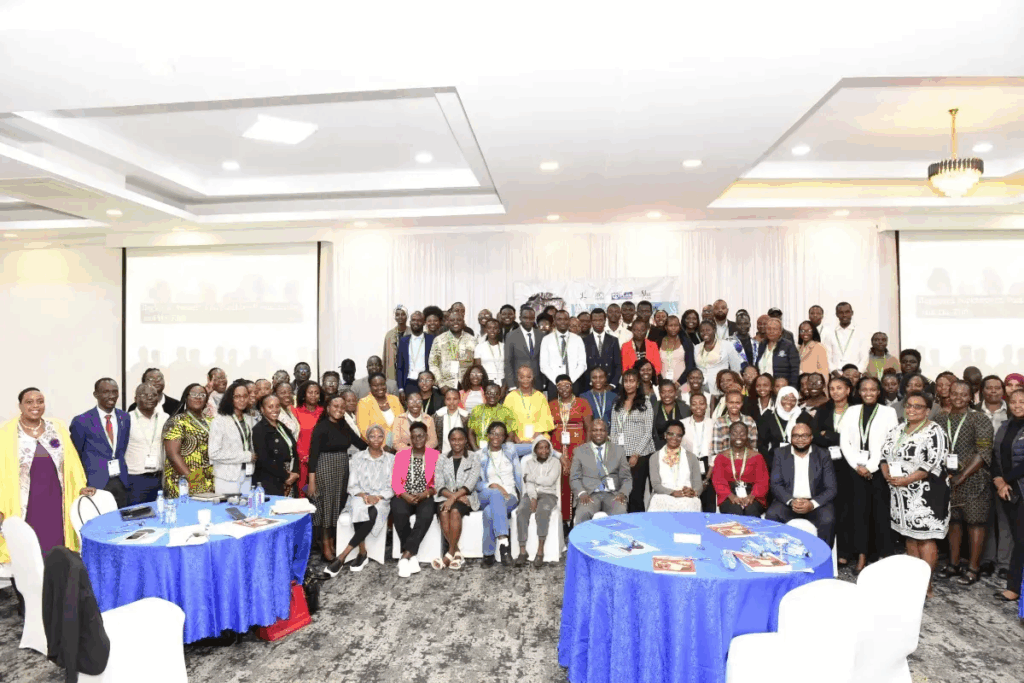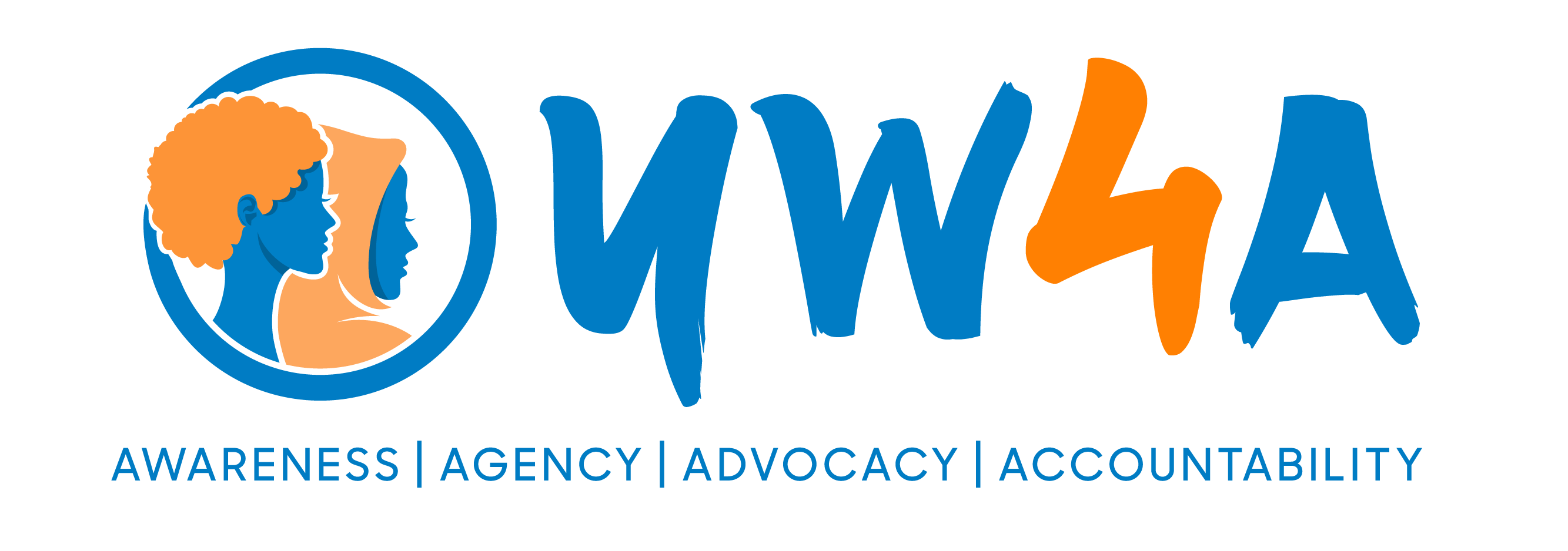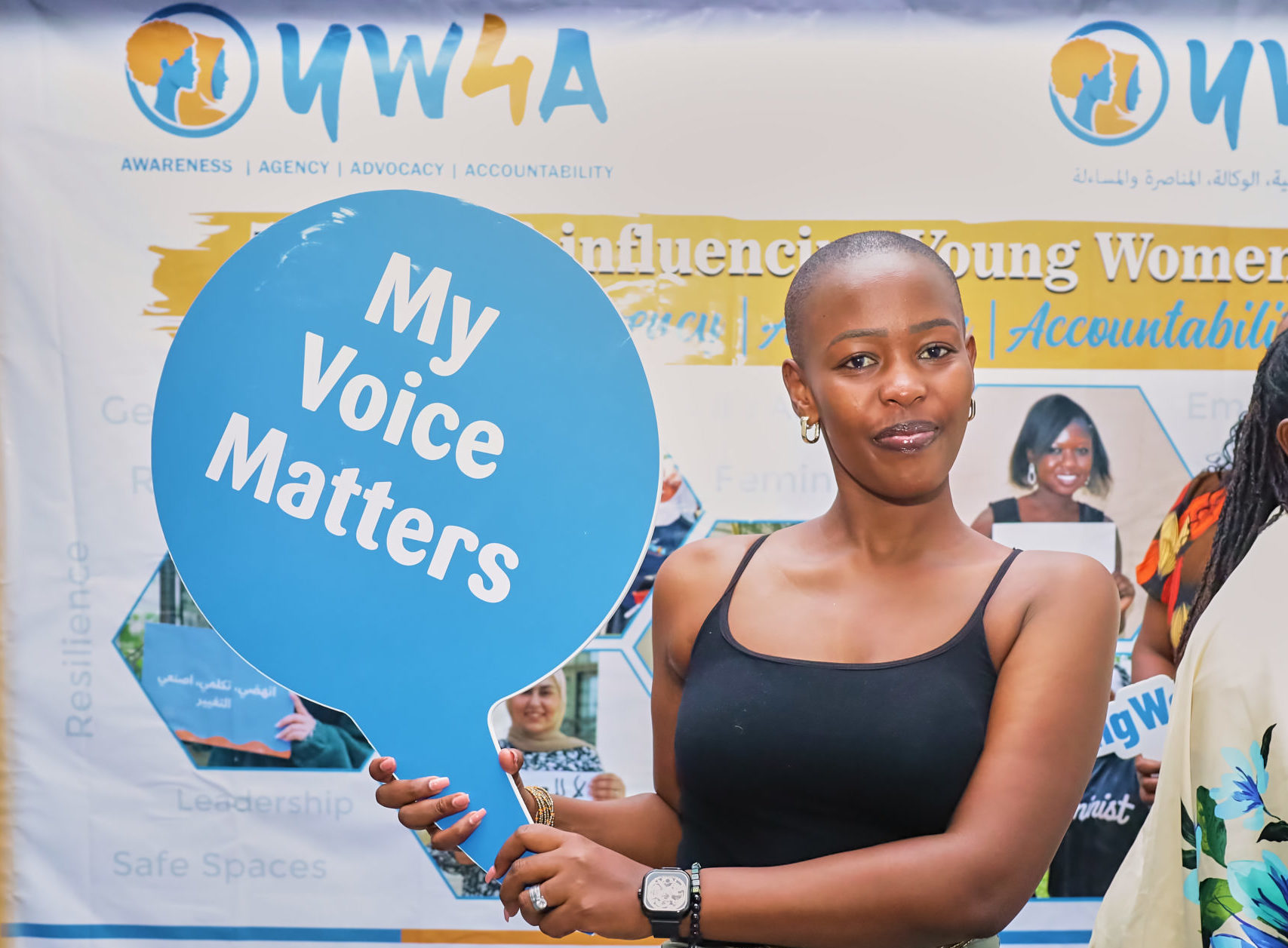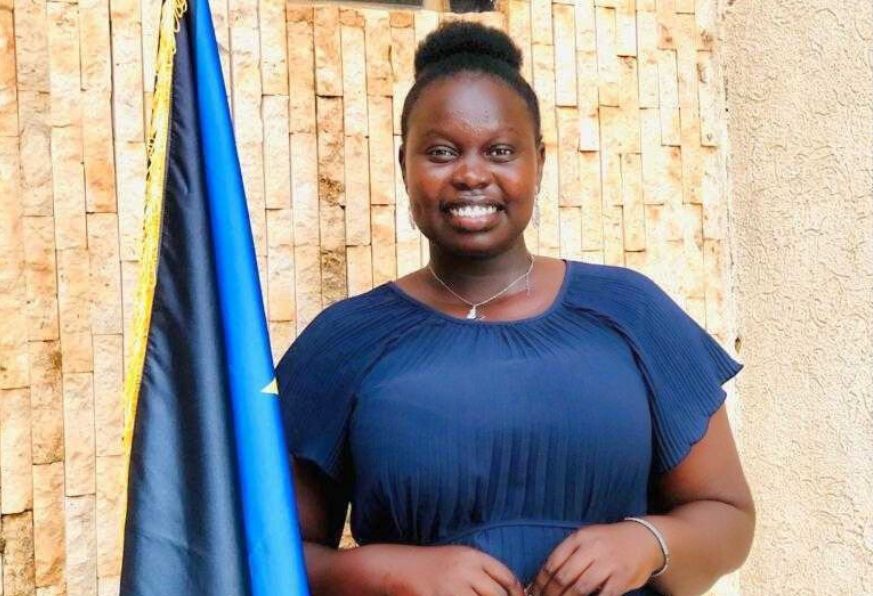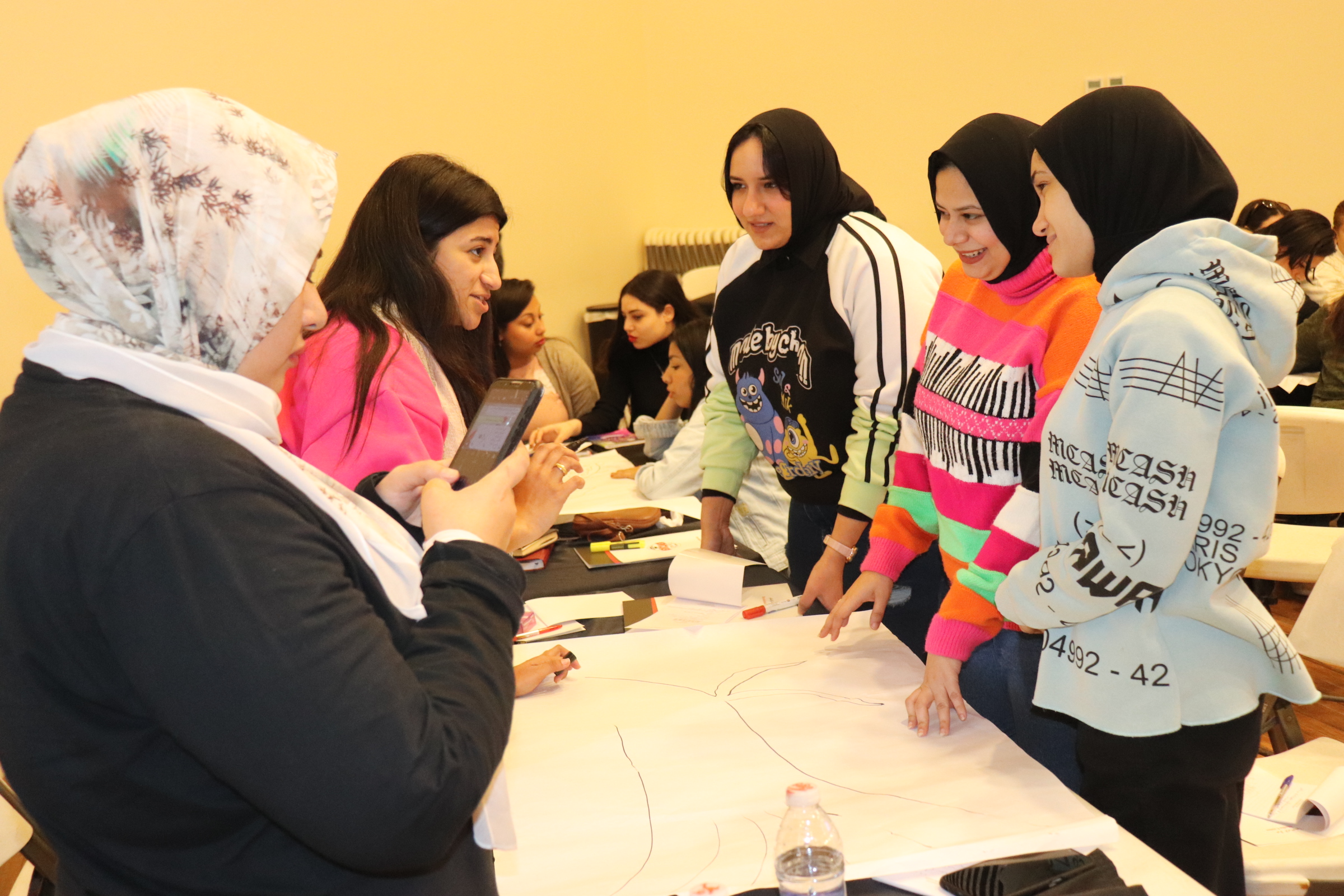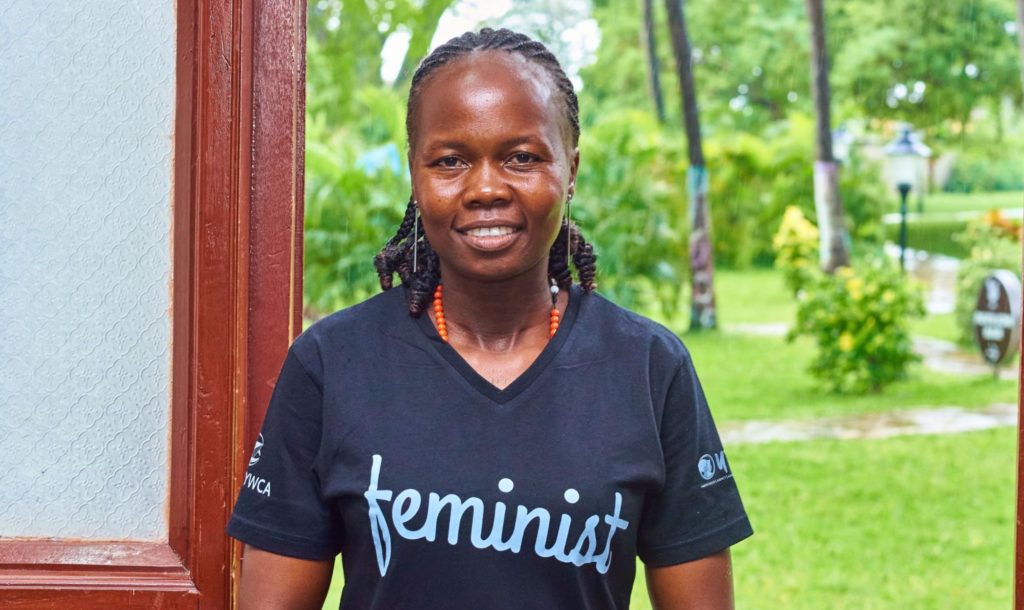
I am a reference focal person for the Women’s Rights Organisation (WRO) under the YW4A Initiative in Yambio, South Sudan. Before joining this initiative, I had just begun my nursing studies and volunteered with the Self-Help Women Development Organisation (SHWDO). When the YW4A project was launched, I was selected for this role, which marked the beginning of my journey in community outreach and advocacy.
Through my involvement in the programme, I have participated in numerous training and mentorship sessions that have significantly shaped my perspective and personal growth. These experiences helped me to develop a strong passion for supporting young women and girls in Yambio state.
During my hospital attachment, for example, I witnessed several young girls going through traumatic childbirth experiences, often due to early pregnancies and underdeveloped bodies. These experiences deeply strengthened my commitment to creating awareness and change.
From what I learned about the YW4A programme and the RiseUp! leadership training, I realised that working directly with girls and young women in the community has a powerful impact. YW4A, implemented through SHWDO, has equipped me with the knowledge and confidence to be a voice for the voiceless and a resource for those in need. We are able to provide them with vital information about the consequences of early pregnancy, strategies to challenge harmful social norms, and ways to assert their voices and leadership.
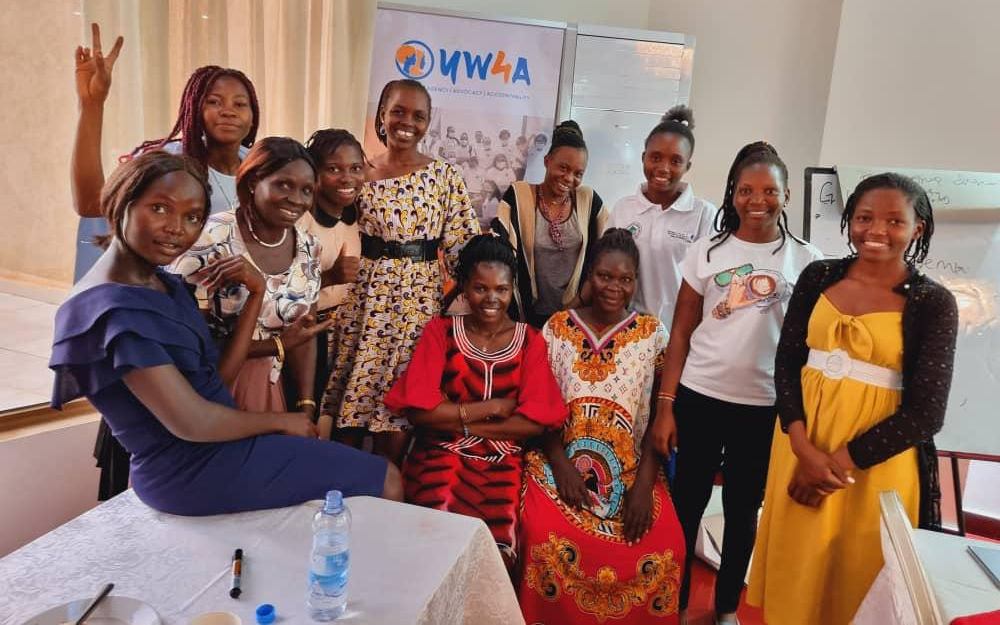
As a reference focal person, I am immensely proud that I handle referral pathways and provide support in cases of sexual and gender-based violence (SGBV). I’ve had the opportunity to counsel and advocate for young women facing rejection, abuse, and stigma within their families.
One compelling case involved a 17-year-old girl who became pregnant after being sexually abused while living with her father. Instead of supporting her, he blamed her for the sexual abuse and forced her out of their home. With nowhere to go, she was left to sleep in the bush, exposed to rain, hunger, and harsh conditions.
I contacted her father to advocate on her behalf, but initially, he refused to engage. I persisted in my efforts, and over time, he finally agreed to take her back, on the condition that she undergo HIV/AIDS testing. When the results came back negative, he allowed her to return home.
Today, the girl is reunited with her father, and her child is now one year old. I have since enrolled her in cohort 4 of the YW4A programme, where she has actively participated and gained the knowledge and skills needed to transform her life.
This experience reaffirmed my belief in the power of persistence, mentorship, and community-based advocacy. It also showed me that change is possible when young women are given the support and tools they need to reclaim their dignity and shape their future.
